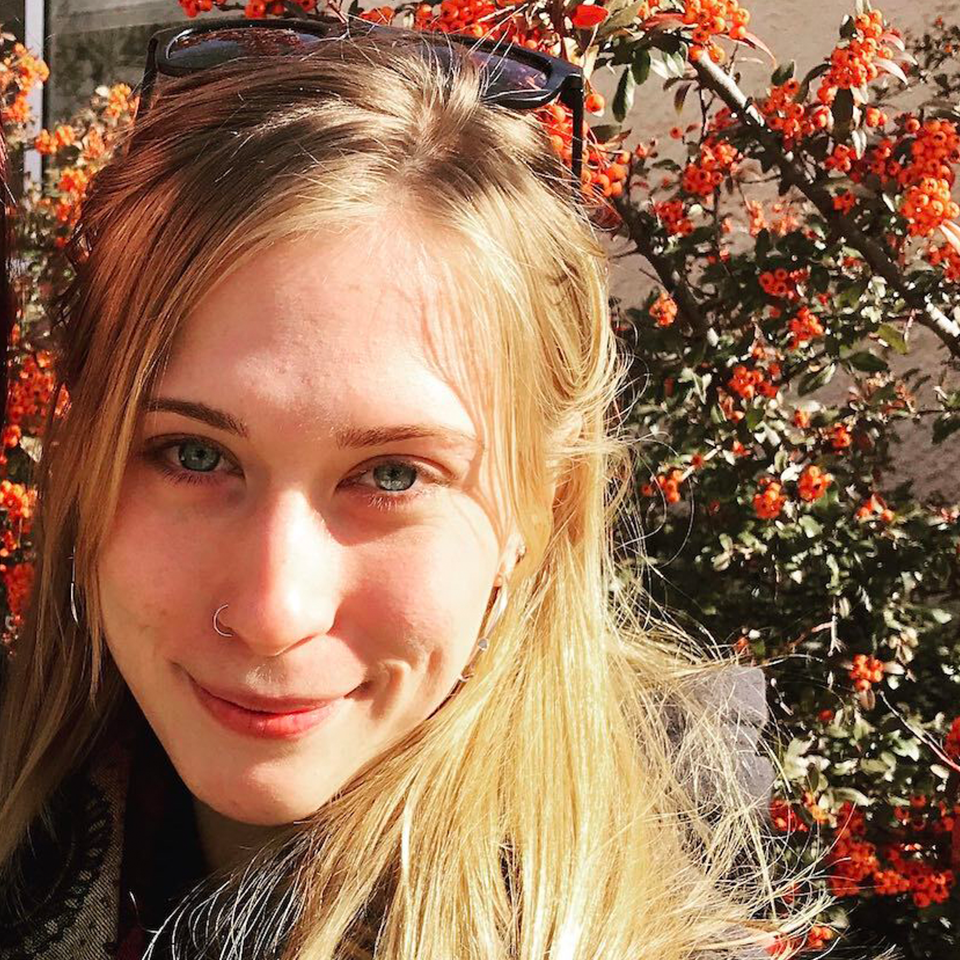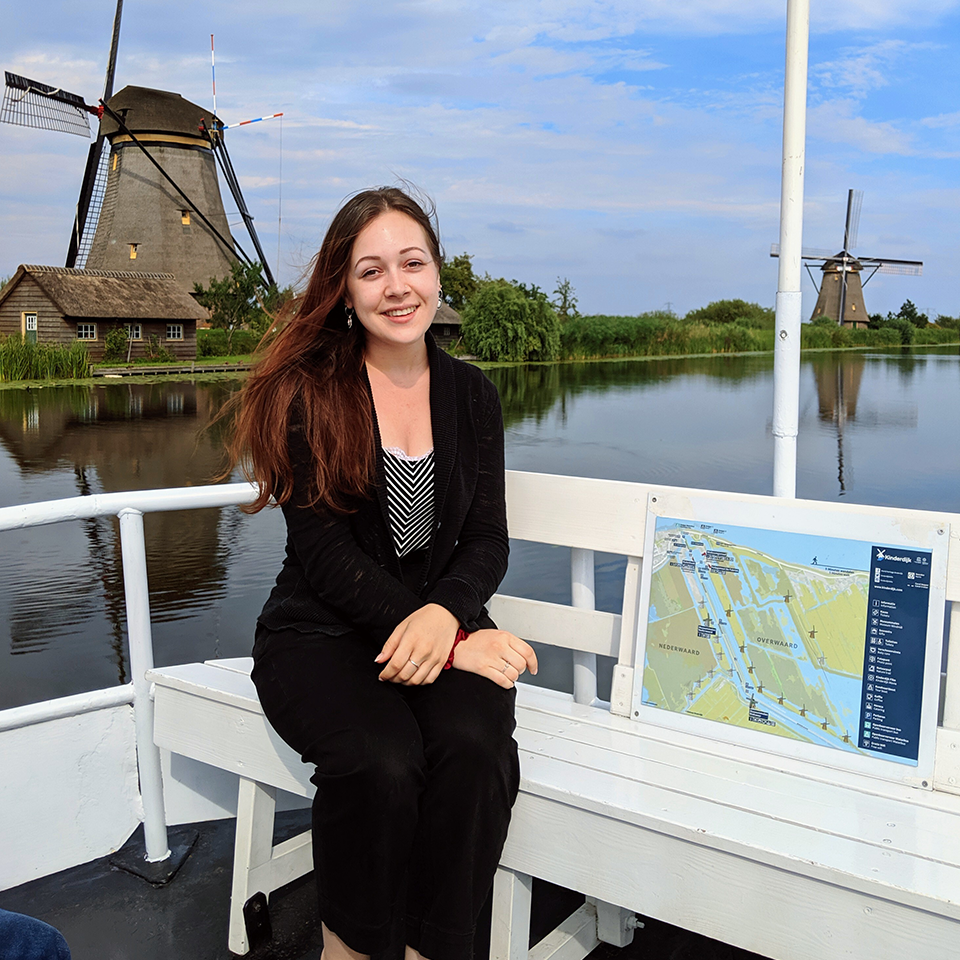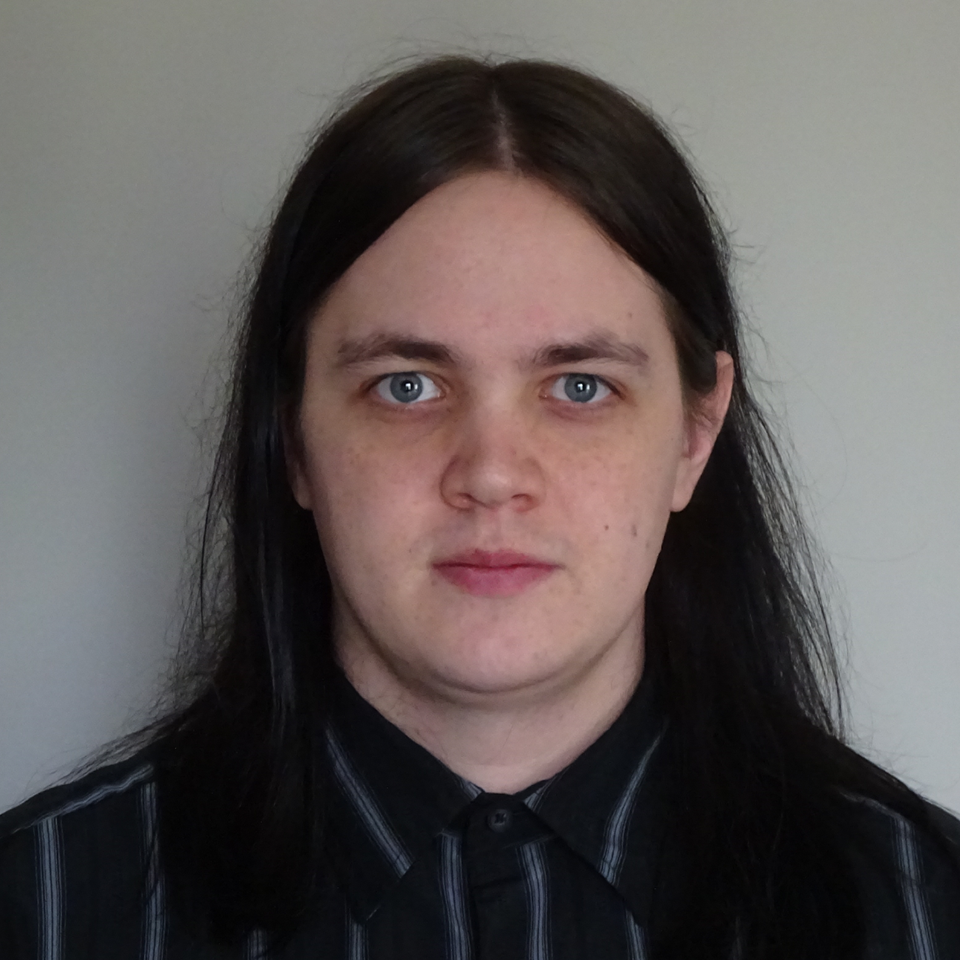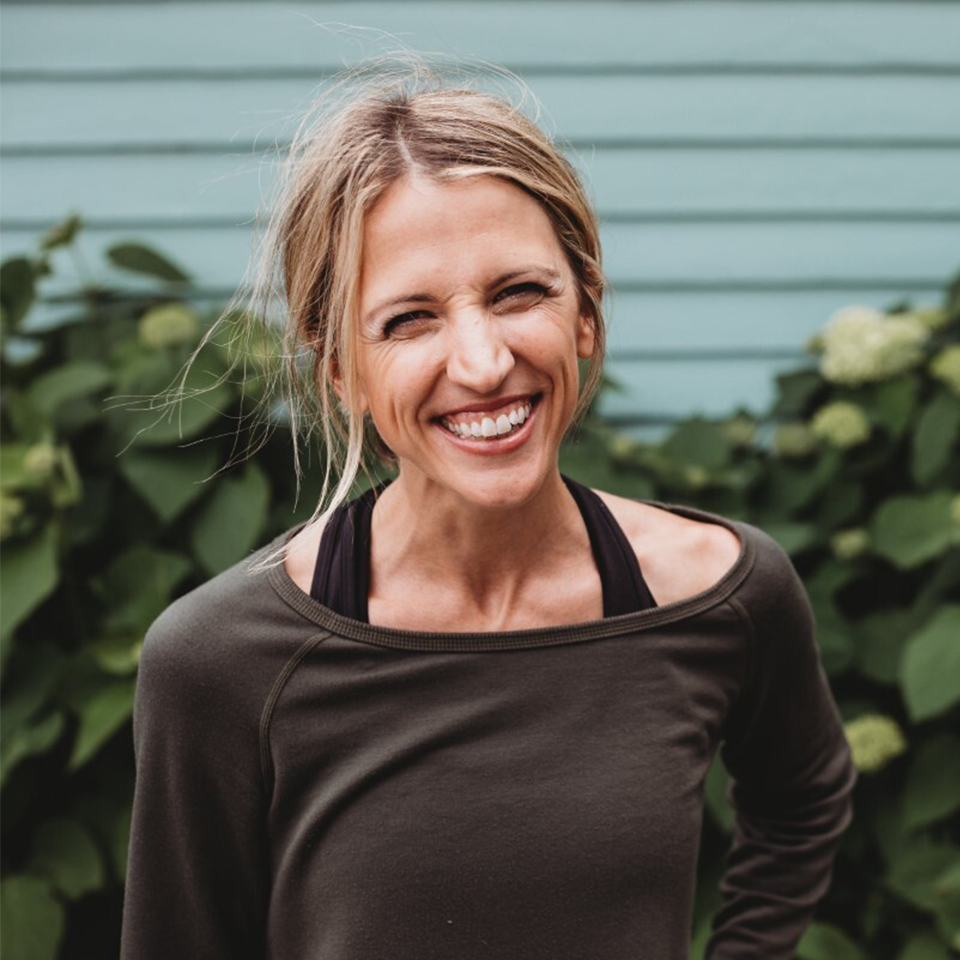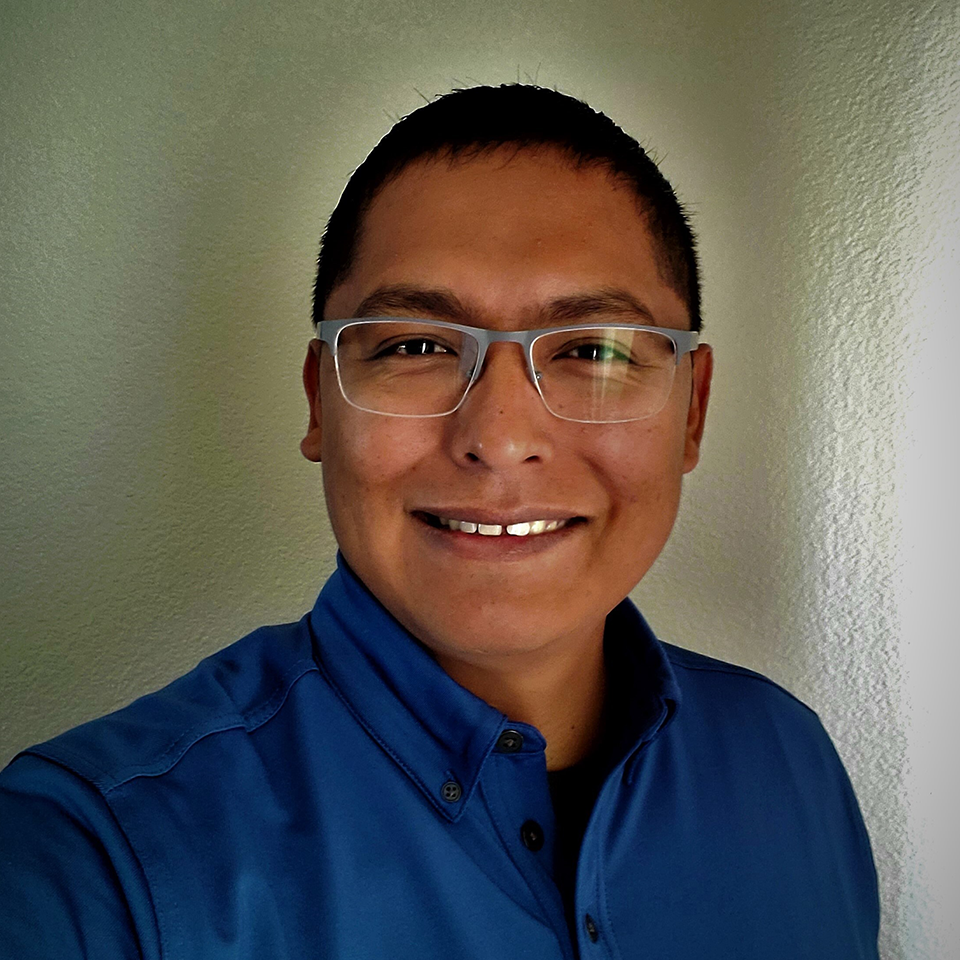5 students awarded first Online Undergraduate Research Scholars program scholarships
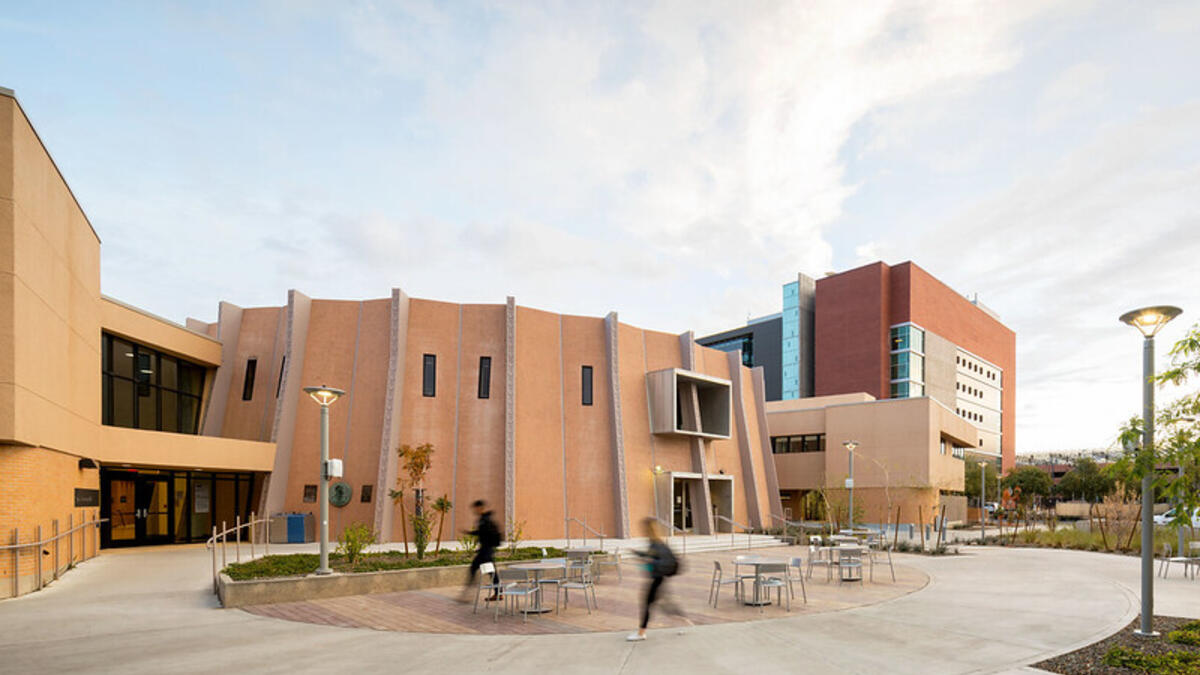
Armstrong Hall on the Tempe campus is home to The College of Liberal Arts and Sciences.
In the fall, The College of Liberal Arts and Sciences launched the Online Undergraduate Research Scholars (OURS) program — a program that offers hands-on, experiential learning for students enrolled through ASU Online. The OURS program also has several other components, including seed funding for faculty to develop group-based research experiences and scholarships to support student research.
Five online students were recently selected as the first recipients of scholarships through the program. They will each receive $1,000 in funding to support their education and research efforts.
“We have an abundance of exceptional online students in our degree programs, and we are happy to support them in their research endeavors and professional development through this scholarship,” said Ara Austin, director of online engagement and strategic initiatives and a clinical assistant professor in the School of Molecular Sciences, who has spearheaded the OURS program. “The College and EdPlus look forward to serving many more online students through the OURS program.”
The program, led by The College and supported by EdPlus at Arizona State University, is now being piloted in The College’s natural sciences division and will expand to the social sciences and humanities divisions in the upcoming fall 2022 semester. Since its launch, 63 online students have participated in research opportunities through OURS initiatives.
Meet the five students who were selected as the first scholarship recipients:
Louisa Brill
Major: Biological sciences (genetics, cell and developmental biology)
Brill is a senior with a passion for human health and understanding the immune system. She was drawn to ASU because she was able to obtain an undergraduate degree while remaining in a rural setting.
She serves as a teacher’s assistant and tutor for the School of Molecular Science’s online organic chemistry courses. Outside school, she works as an emergency medical technician for a private ambulance company that serves a large portion of northern Arizona.
After graduation, Brill hopes to either pursue a master’s degree at ASU to study genetics and virology or prepare for medical school. She aspires to find a career in the medical field with clinical, research and teaching components.
“Because of this scholarship, I will be able to do fewer overtime shifts and focus more on my classes, research and medical school applications. I am forever grateful for the experiences and support I have received during my time at ASU,” Brill said.
Paris Drake
Major: History
Drake, who is passionate about medieval history, first became interested in conducting research after reading Eric Jager’s nonfiction book “The Last Duel,” which details the last officially recognized judicial duel fought in France.
With the help of the scholarship, she hopes to examine when and why judicial trial by combat ceased to be common practice. In addition to her studies, she enjoys playing the piano, listening to history podcasts and traveling internationally.
After completing research at ASU, Drake plans to apply for the medieval studies master’s program at the University of St. Andrews in Scotland. She also aspires to pursue a PhD and eventually become a professor of history.
“This scholarship will enable me to attend ASU and complete my bachelor’s degree in history. Additionally, it will provide support as I complete my proposed research paper to be submitted with my graduate school application,” Drake said.
Kris Ganzel
Majors: Physics, astronomical and planetary sciences
Ganzel is a first-generation student with an interest in astrophysics. He is part of the first cohort of the School of Earth and Space Exploration’s new online astronomical and planetary sciences degree program.
He currently works as a supplemental instruction leader for several astronomy courses in the School of Earth and Space Exploration and as a software quality assurance engineer. In addition, he is on the executive board of multiple clubs, including the Sun Devil Stargazers, a club that he founded.
After graduation, Ganzel hopes to continue his higher education journey at ASU by pursuing a PhD in astrophysics. In the future, he aspires to create an online series showing young students how the concepts they learn in school can be used in real-world science to help enforce the connection between their education and their hobbies.
“This last year and a half has probably been one of the most challenging periods of my life. That said, it has also easily been the most rewarding as I have managed to achieve far more than I had ever thought possible, and there are so many people at ASU that I have to thank for supporting me along the way,” Ganzel said. “This scholarship will help me complete my goal of not only being the first in my family to graduate high school, but the first to obtain a baccalaureate and a doctorate.”
Carrie Holmes
Major: Biochemistry (BA)
Holmes is interested in organic chemistry, specifically in investigating neurological pathways and searching to connect seemingly unrelated systems back to the brain. She discovered her passion for this topic later on while at ASU, having previously thought she didn’t enjoy it after an adverse experience in a chemistry class in high school.
She is working with a neuroscience doctoral student, exploring the relationship between transcranial direct stimulation to both physical activity and motivation to exercise. When she is not immersed in organic chemistry, she takes on the role of mother, mind-body instructor and crossword fiend.
After graduation, Holmes hopes to communicate the knowledge she has gained in creative ways that are understandable and interesting to the general public.
“The support I feel from this gift is an unexpected and crucial marker in my career journey. It is both an affirmation of my unconventional route to science and a vanguard of my ability to succeed as a scientist,” Holmes said.
Preston Toehe
Major: Geographic information science
Toehe is passionate about geographic information science, technology and making the world a more sustainable place.
His career as an engineering technician in the coal mining industry was the catalyst for him to attend ASU and obtain a formal education in geographic information science.
Using his education, he hopes to pilot cutting-edge drone technology to gather surface modules through photogrammetry. Upon graduation, his goal is to become a senior analyst in GPS data collections with drone technology.
“This scholarship will enable me to attend ASU to pursue my GIS degree. With this support I will not only advance my career and education but also help my community by providing reliable energy that can help power homes by simply helping my company provide potential energy,” Toehe said.
More Science and technology

ASU-led space telescope is ready to fly
The Star Planet Activity Research CubeSat, or SPARCS, a small space telescope that will monitor the flares and sunspot activity…

ASU at the heart of the state's revitalized microelectronics industry
A stronger local economy, more reliable technology, and a future where our computers and devices do the impossible: that’s the…

Breakthrough copper alloy achieves unprecedented high-temperature performance
A team of researchers from Arizona State University, the U.S. Army Research Laboratory, Lehigh University and Louisiana State…


